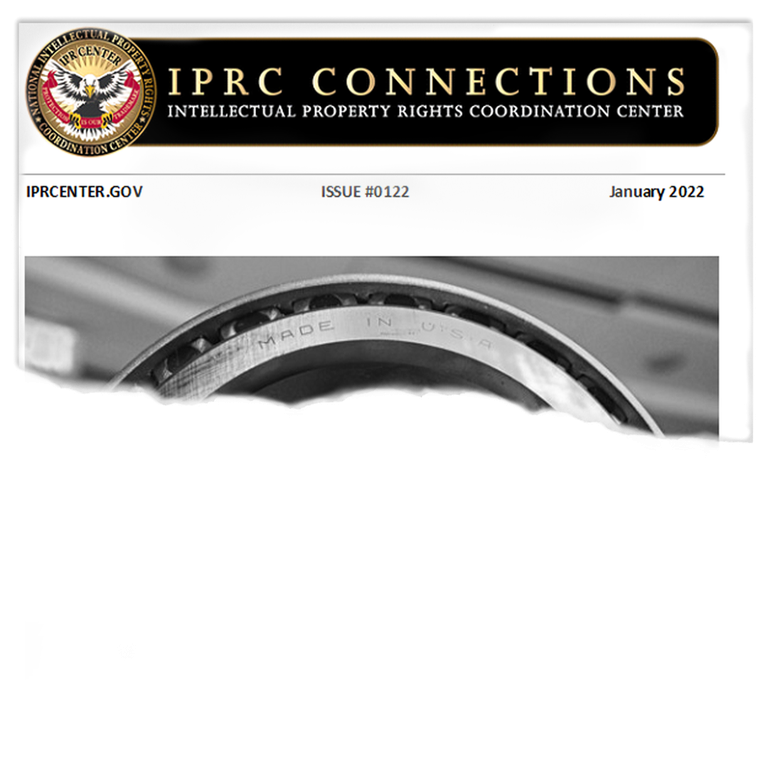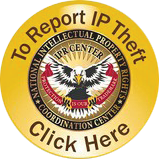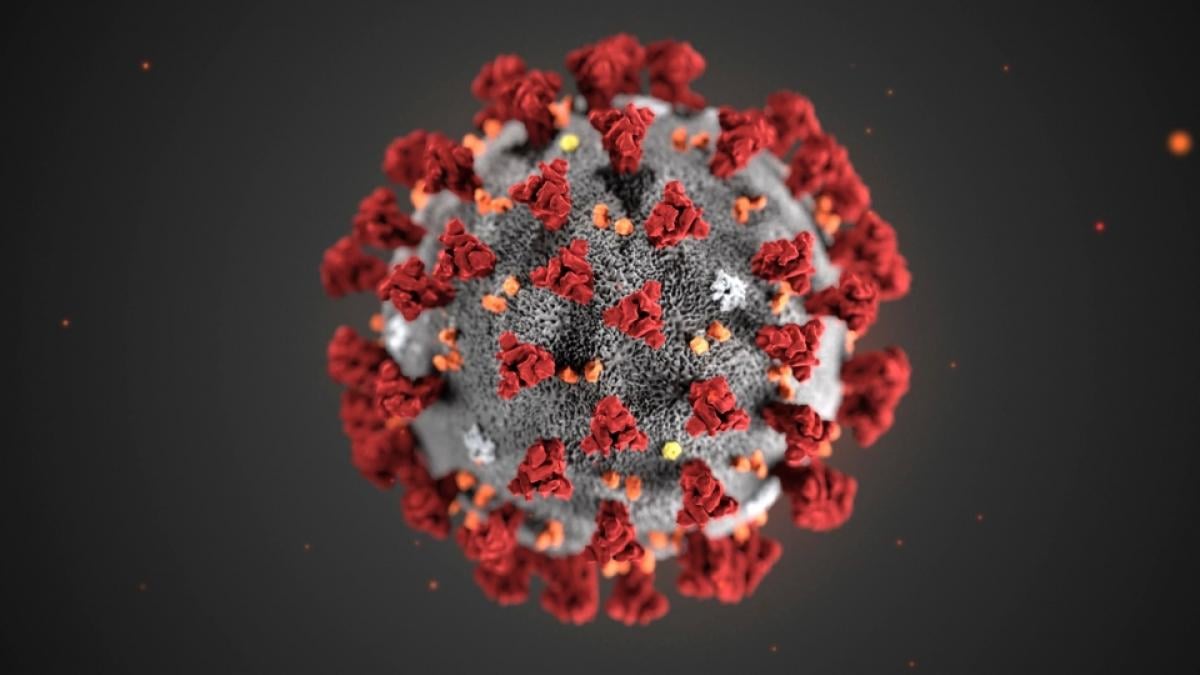Protecting Public Health and Safety

Predatory and illegal intellectual property (IP) trade practices affect every aspect of our lives. The National Intellectual Property Rights Coordination Center (IPR Center) leads the U.S. government's response to stop global IP theft and enforce trade laws.
Comprised of federal agencies and industry experts, the IPR Center develops initiatives, coordinates enforcement actions and shares information related to intellectual property (IP) theft. It also stops predatory, illegal trade practices that threaten the public's health and safety, the U.S. economy and national security.
By the Numbers
IP theft is not a victimless crime. Victims are American consumers, businesses, trademark holders and people who manufacture and sell legitimate products. Often, the illicit proceeds resulting from the sale of counterfeit or unlicensed products are funneled back to support a broad range of illegal crimes. Every day, the IPR Center works with industries and agencies to stop IP theft that threatens U.S. businesses, robs hardworking Americans of their jobs and negatively impacts the economy. From criminal arrests to the seizure of goods, the numbers tell the story.

Criminals sell pirated merchandise and counterfeit U.S. products around the globe. And, while it seems harmless to buy a knock-off purse, an inexpensive electronic device or cheaper medication, these trade practices threaten the public's health and safety, the U.S. economy and national security by introducing harmful and banned materials into counterfeit products and supporting illegal labor practices. The U.S. government created the IPR Center to stop predatory and illegal trade practices.
By bringing together domestic and international government agencies and private industry partners, the IPR Center presents a unified force to combat global intellectual property theft and enforce IP rights violations. The IPR Center was established to combat global IP theft and, accordingly, has a significant role policing the sale and distribution of counterfeit goods on websites, social media, and the dark web.
IP PROTECT
Learn how IP Project can help small businesses protect themselves from intellectual property theft, fraud and cyber-attacks.
If you represent a small business or organization wanting to learn more about IP Protect, please click on the button below.
RECENT NEWS
12/12/2024
IPR Center, IP House Announce New Partnership
WASHINGTON– The National Intellectual Property Rights Coordination Center (IPR Center) and IP House have announced a new partnership to combat counterfeiting, illicit trade, and digital piracy across critical industry sectors, including consumer goods, pharmaceuticals, and electronics.
09/23/2024
Automotive Safety Awareness Campaign Warns Consumers About Counterfeit Airbags
WASHINGTON — Vehicle owners and drivers across the country should be on high alert for unsafe and potentially deadly counterfeit auto parts as the National Intellectual Property Rights Coordination Center (IPR Center) launches its new campaign, “Put the Brakes on Fakes.”
09/04/2024
IPR Center Announces New Director
WASHINGTON– Homeland Security Investigations (HSI) Executive Associate Director Katrina W. Berger has announced that Ivan J. Arvelo has been appointed as the new Director of the National Intellectual Property Rights Coordination Center (IPR Center). The IPR Center, which stands at the forefront of the U.S. government's response to global intellectual property theft and trade law enforcement, collaborates with federal agencies, international law enforcement, academia, and private sector partners.
Quick Links
- National Crime Prevention Council (NCPC)
- Office of Intellectual Property Enforcement Coordinator (IPEC)
- Combating Trafficking in Counterfeit and Pirated Goods: Report to the President of the United States
- Trade | U.S. Customs and Border Protection (cbp.gov)
- The Truth Behind Counterfeits | U.S. Customs and Border Protection (cbp.gov)
- Guide to Brand Protection for Small and Medium Sized Enterprises – Center for Anti-Counterfeiting and Product Protection (msu.edu)
- Wildlife Trafficking: Why battling this illicit trade is crucial | ICE
- UL Research Institutes
**The appearance of any non-federal entities and/or reference to vendors does not constitute, imply, or infer endorsement or sanction of their products or services by the IPR Center, DHS, or the federal government.



